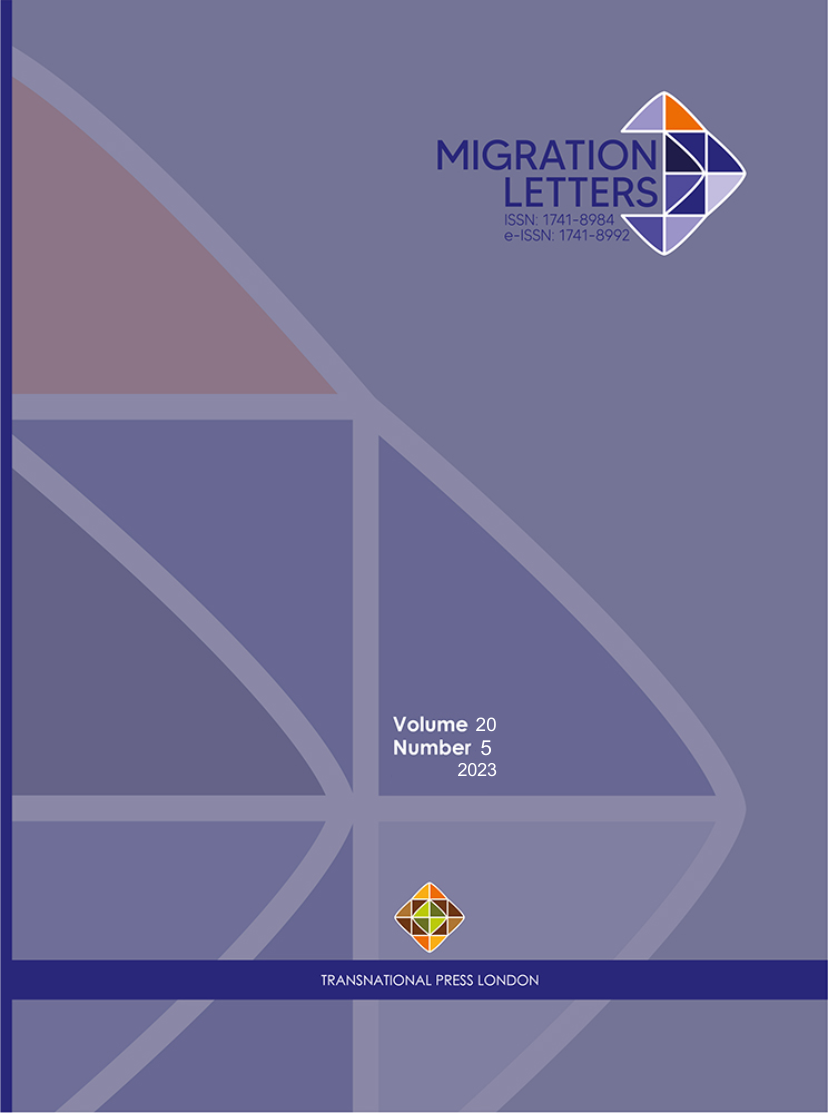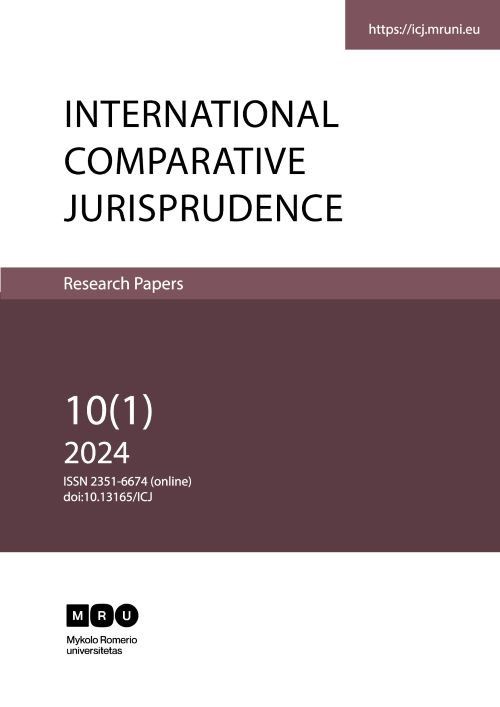The growing number of individuals with autism spectrum disorder (ASD) emphasizes the need for inclusive hiring procedures. This meta-analysis aims to assess the work prospects for people with ASD by determining the factors influencing these results and providing recommendations for enhancing job opportunities. It looks at several questions about employment rates in the community of people with ASD, employment outcomes in comparison with the general population, factors influencing these outcomes, potential differences in employment outcomes depending on the severity of ASD symptoms, and ways to increase employment rates overall. The research methodology includes searching academic databases such as PubMed, PsycINFO, and Scopus for literature; researching peer-reviewed journals with sample descriptions and transparent, clear methodologies (also addressing other variables); evaluating the quality of each study by assigning a score based on scientific rigor and overall quality; extracting and synthesizing data (e.g., employment rates); and conducting statistical analysis. The findings show that a variety of variables, such as a lack of social and communication skills, workplace discrimination, and repetitive behaviors, contribute to the low employment rates among individuals with ASD. A supportive atmosphere that encourages skill development, vocational training, and sensory integration treatment are a few practical interventions that could raise the current rates and results. The study’s conclusion notes that, although the analysis’s findings are helpful to educators, legislators, and other decision-makers, focused interventions and the promotion of interdisciplinary cooperation are also urgently needed.
New Publication
Enhancing Employment Opportunities
for Individuals with Autism Spectrum Disorder:
A Comprehensive Meta-Analysis of Factors, Strategies,
and Inclusive Practices

Yan, Cassadee Orinthia. 2024. “Enhancing Employment Opportunities for Individuals with Autism Spectrum Disorder: A Comprehensive Meta-Analysis of Factors, Strategies, and Inclusive Practices.” The International Journal of Interdisciplinary Organizational Studies 19 (2): 121-146. doi:10.18848/2324-7649/CGP/v19i02/121-146.
Related Reports

Nationality Law and Labor
Migration
This paper presents a comprehensive comparative analysis of the legal structures governing nationality laws and labour migration in the UAE and the UK, shedding light on their respective economic repercussions and the broader impact on society and policy...

The Role of Legal Pluralism in the Peacebuilding Process
The role of legal pluralism in the peacebuilding process has been a subject of debate from national and international perspectives. Taking the case of East Timor, the article starts with the country’s independence struggle and the challenges and prospects that followed...

Non-citizens’ Continuity of Citizenship in the Baltic States
This article offers a comprehensive view of research about complicated matters pertaining to citizenship for non-citizens in the Baltic states. By incorporating views of law, policies, societal norms, and economy, the study explores the consequences and possible...

MANUFACTURING STATELESSNESS THROUGH EXCLUSIONARY CITIZENSHIP LAW
Citizenship is an essential aspect of nationality; it is formed by the laws of a country and influences an individual’s rights and freedoms. This article compares statelessness within the Kenyan and South African legal systems, and discusses case law...
